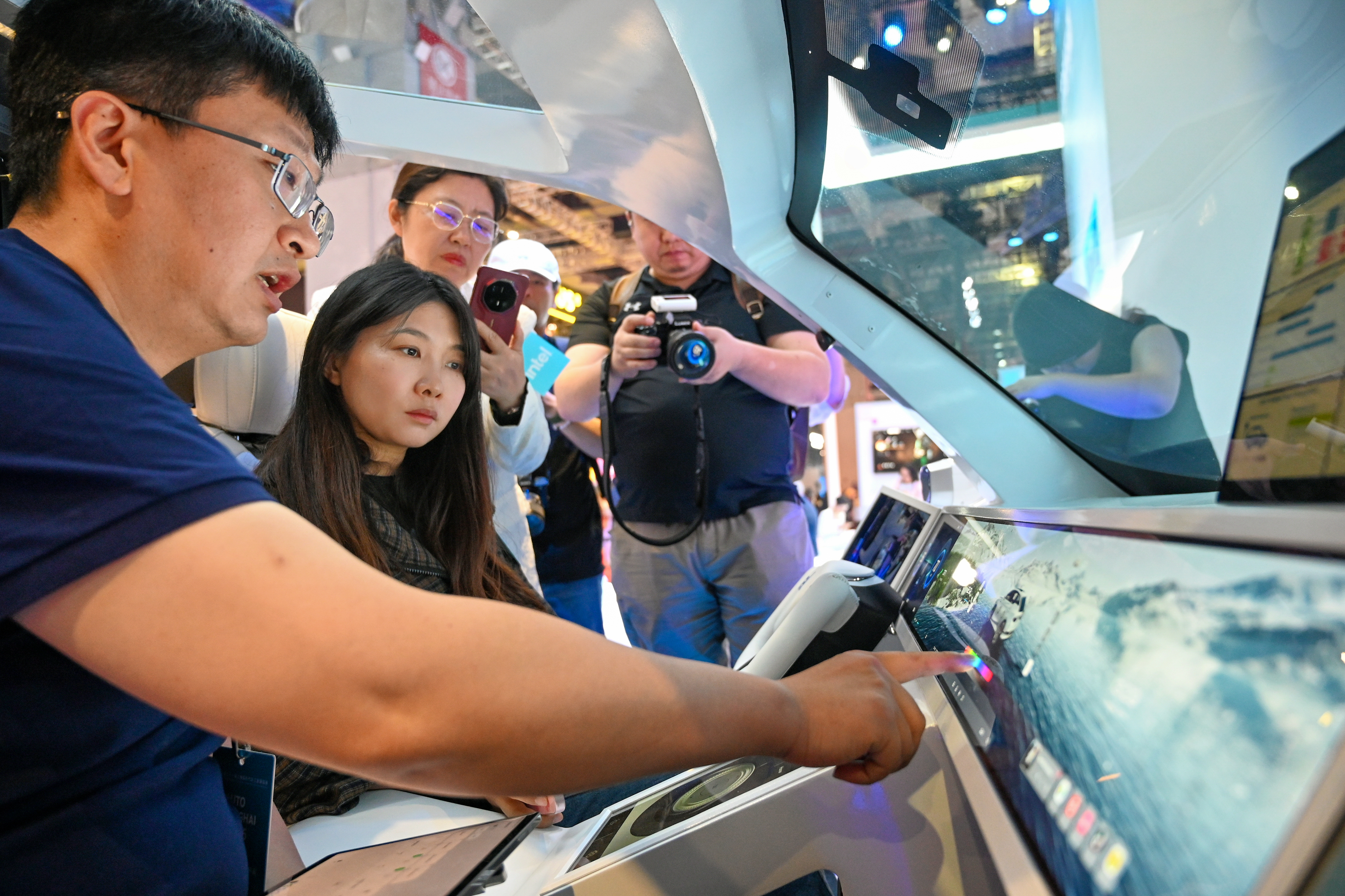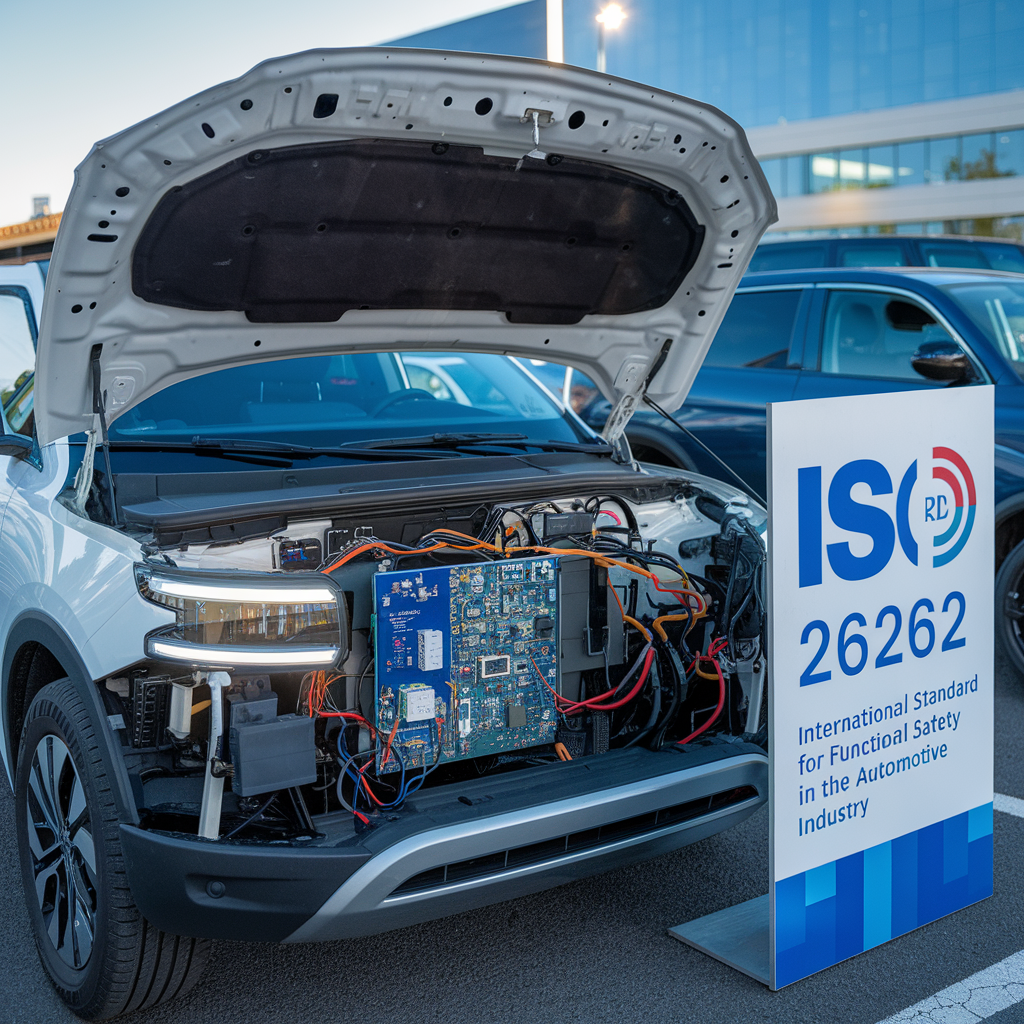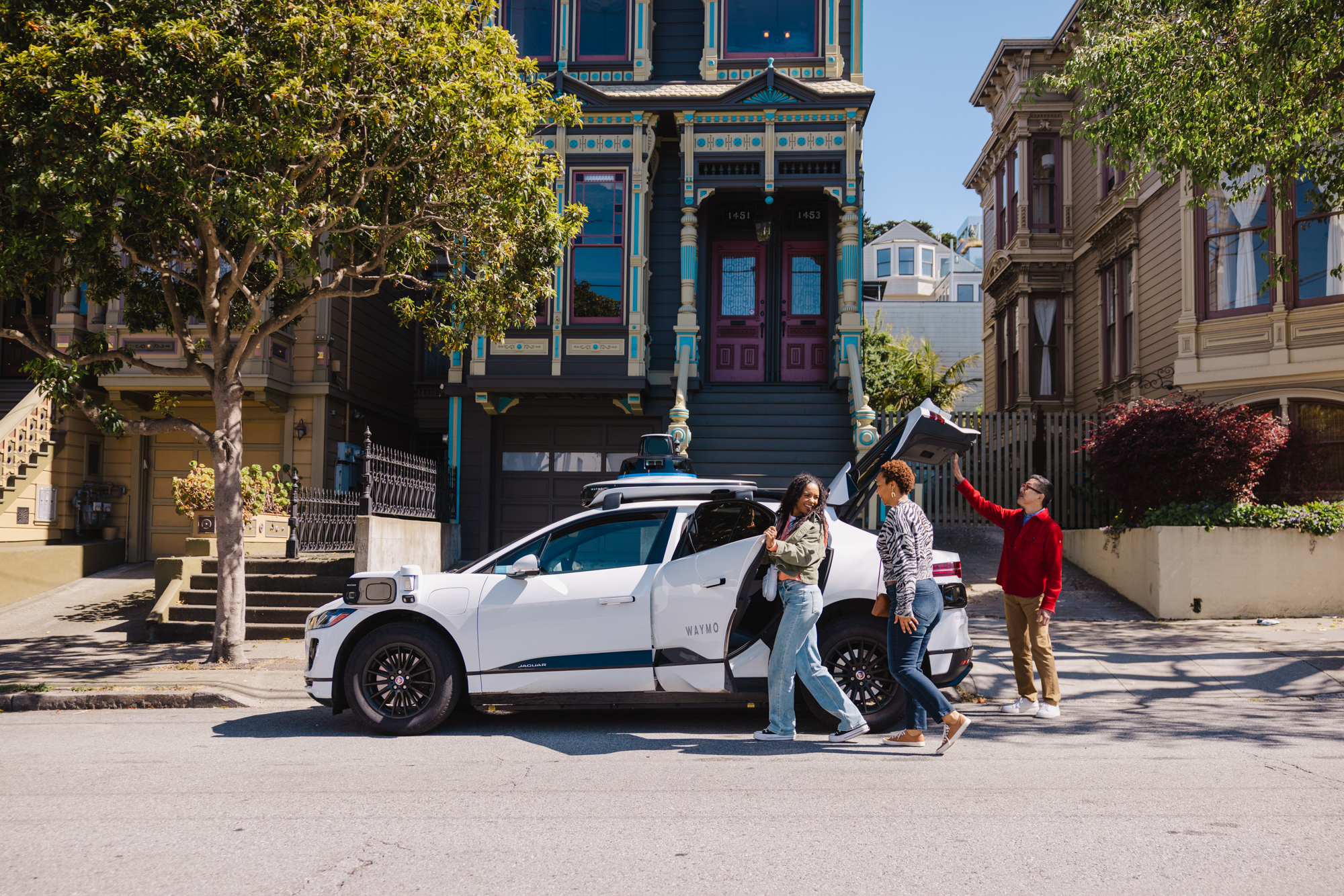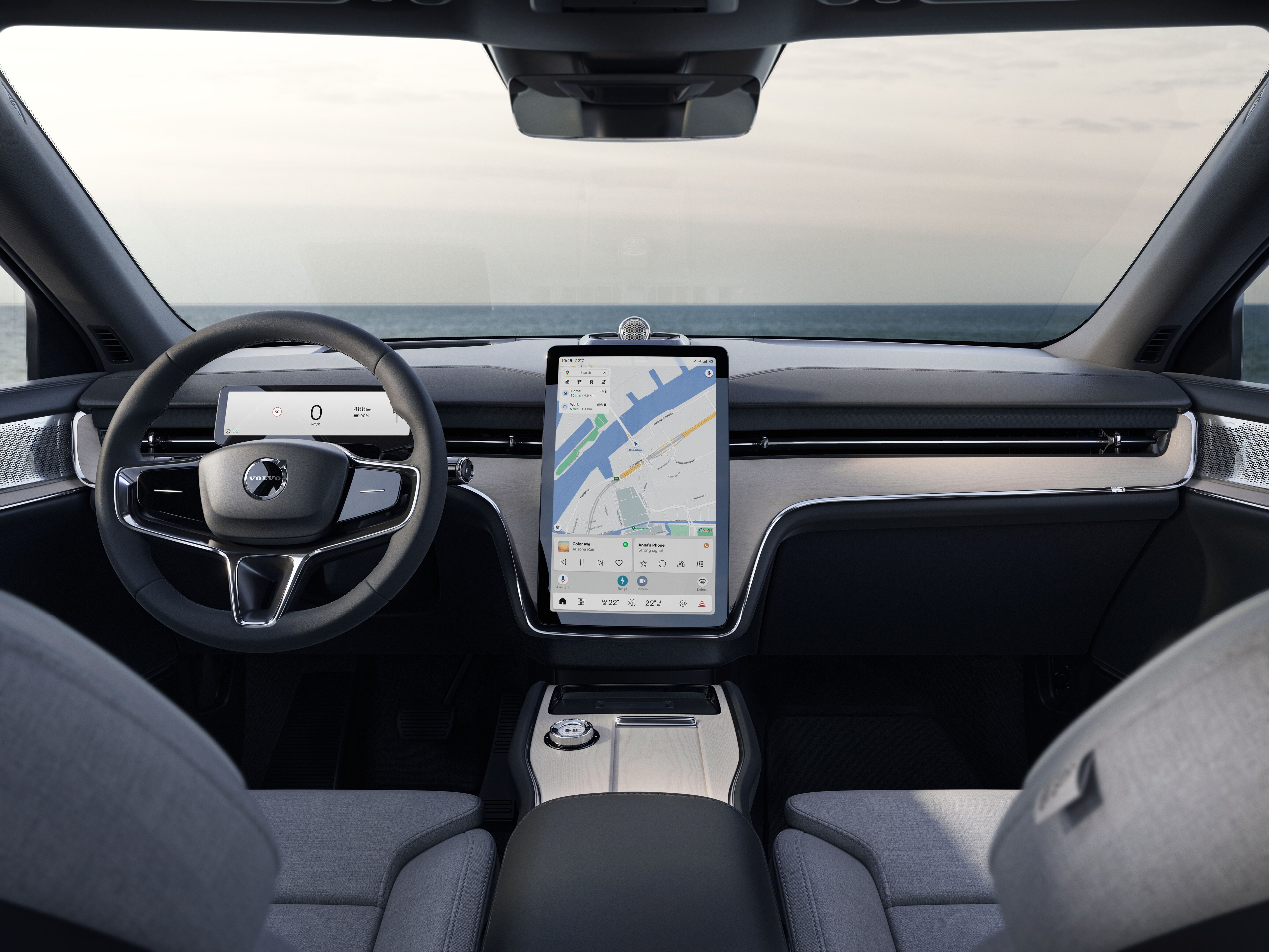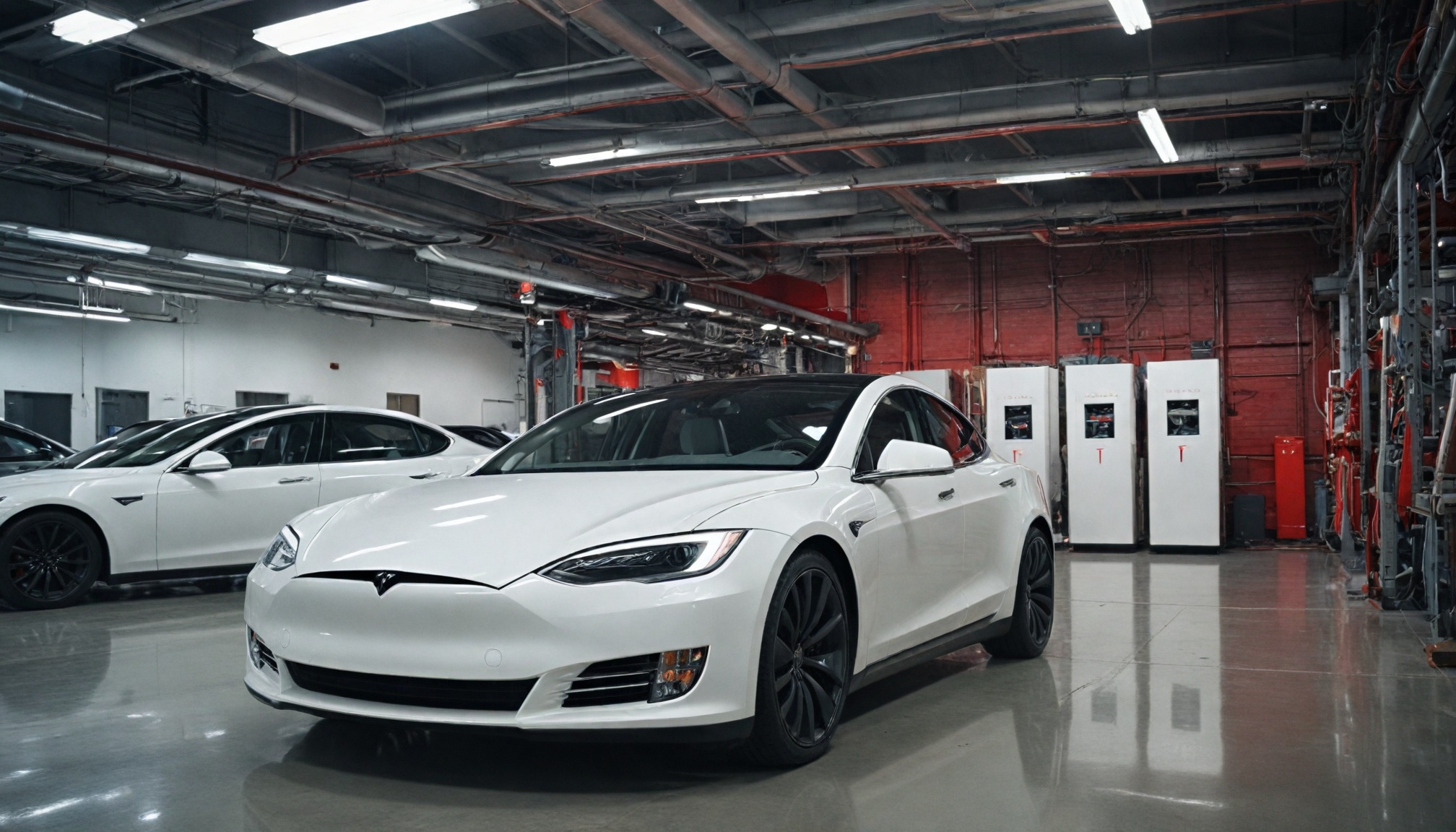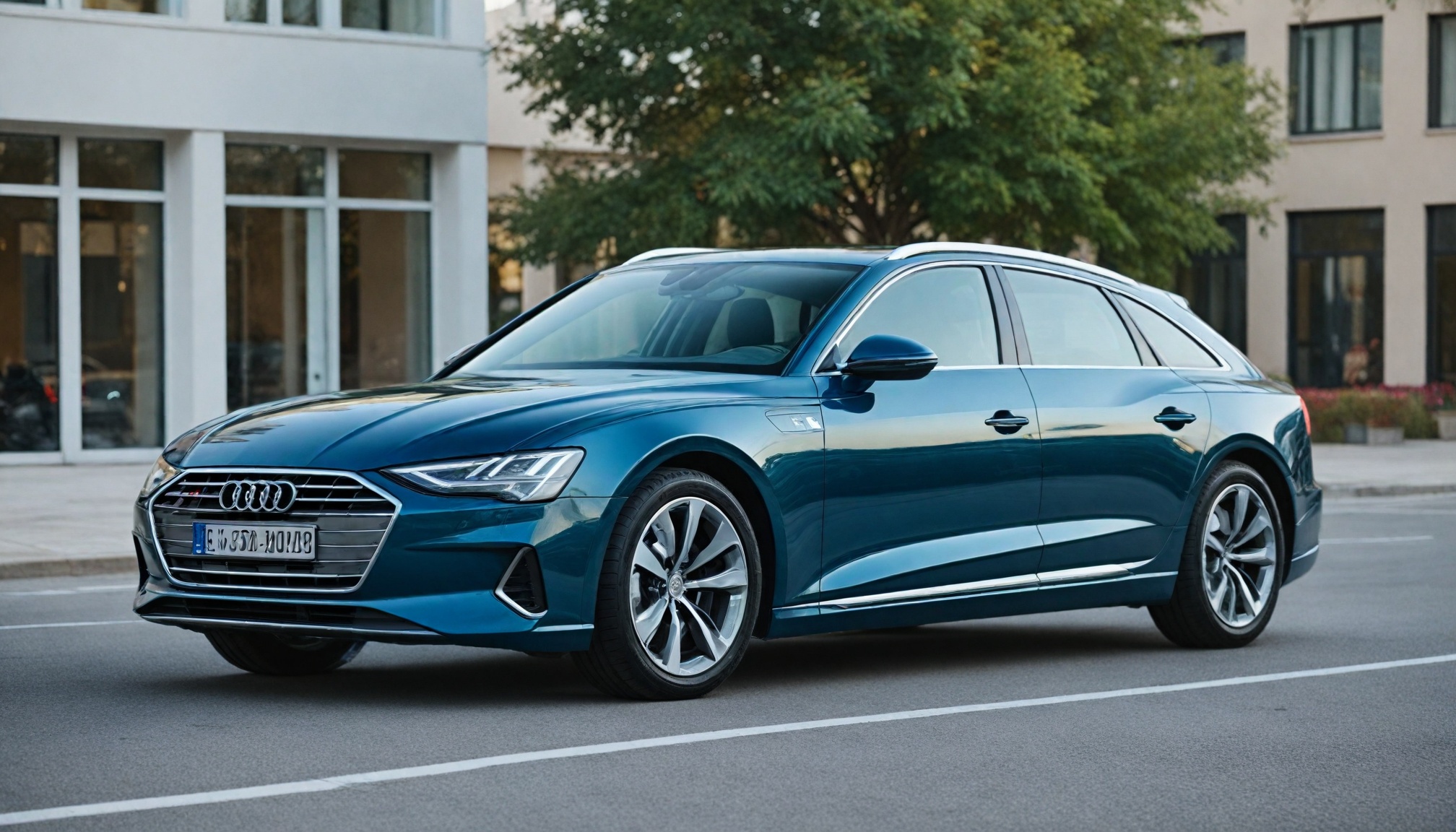
Audi's EV deliveries surge 30.1% in Q1 2025, defying overall sales decline as European demand soars and new hybrid models with 100km+ ranges prepare to launch.

Drivetech Partners
Audi's strategic push into electrification is yielding impressive results, with the luxury automaker reporting a remarkable 30.1% increase in electric vehicle deliveries during Q1 2025 despite facing overall sales challenges. This surge in EV performance stands in stark contrast to the brand's general 3.4% decline in total vehicle deliveries, highlighting how Audi's aggressive model initiative is reshaping its market position in the rapidly evolving automotive landscape.
Key Takeaways
Audi delivered 46,371 electric vehicles worldwide in Q1 2025, growing 30.1% year-over-year while total vehicle deliveries fell 3.4%
European markets are leading Audi's electric surge with France showing 169% growth and Western Europe seeing an 86% increase in EV orders
The company plans to launch 10 new plug-in hybrid models by the end of 2025, including the upcoming A6 Avant e-hybrid with ranges exceeding 100 kilometers
Despite a 7.0% decline in Chinese deliveries, Audi is developing market-specific electric models like the A6L e-tron to address regional preferences
Audi Group achieved $17.12 billion in revenue (up 12.4% year-over-year) with improved operating profit of $596 million
Audi's Electric Revolution: Breaking Down the Numbers
Audi has kicked off 2025 with remarkable electric momentum, delivering 46,371 electric vehicles worldwide in the first quarter—a 30.1% jump compared to the same period in 2024. This electric surge comes despite a 3.4% decrease in overall vehicle deliveries, which totaled 383,401 units across all powertrain types.
The financial picture mirrors this electric success story. The Audi Group generated $17.12 billion in revenue during Q1 2025, representing a solid 12.4% increase year-over-year. Operating profit climbed to $596 million with an operating margin of 3.5%, while net cash flow, though still negative at $68 million, showed improvement from the previous year.
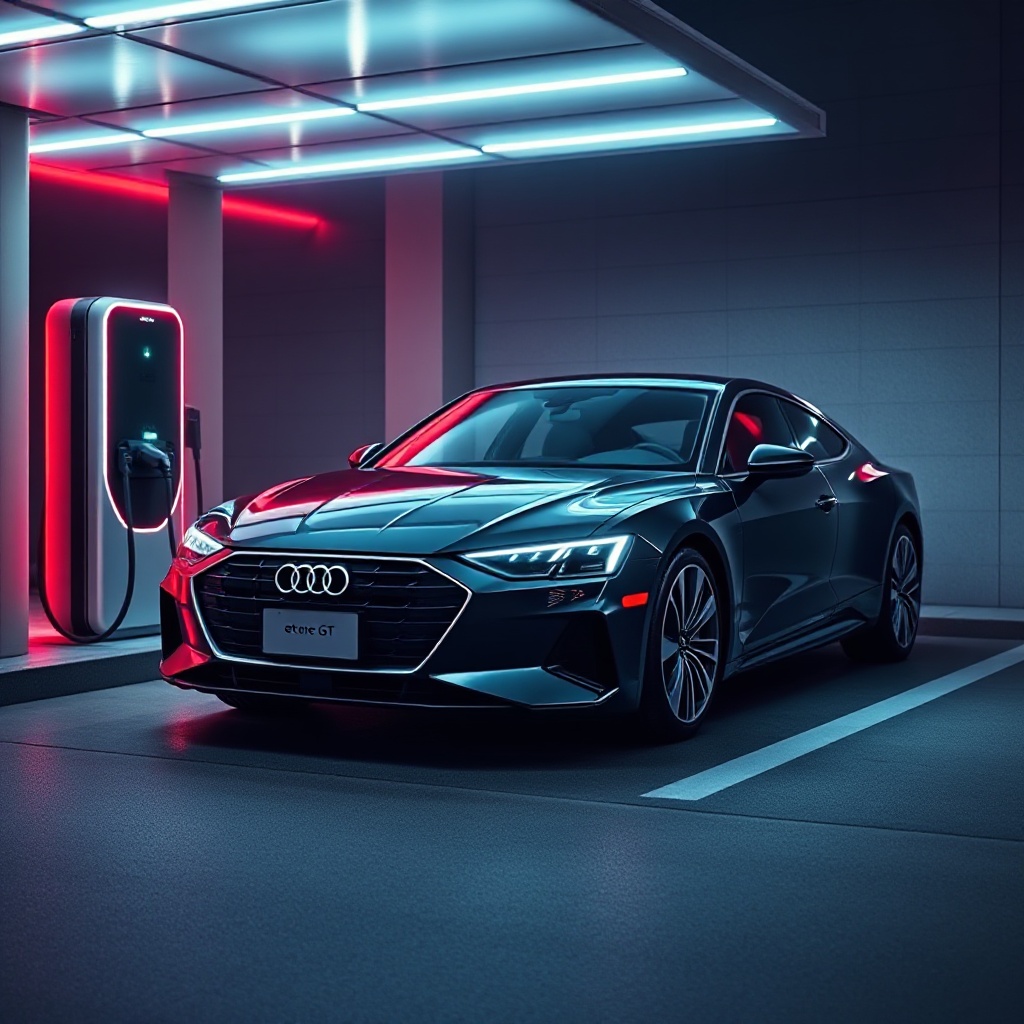
These figures tell a clear story: while Audi faces challenges in the broader automotive market, its electric vehicle strategy is working. The company is successfully transitioning from traditional combustion engines to an electrified future, even as the overall automotive landscape grows increasingly competitive.
European Markets Lead the Electric Charge
Europe has emerged as the driving force behind Audi's electric success. France leads the pack with a staggering 169% increase in Audi EV deliveries, followed by impressive growth in Switzerland (120%), the Netherlands (87%), Norway (64%), and Germany (59%).
Western Europe excluding Germany recorded 50.4% growth in EV deliveries, reaching over 25,129 units. Perhaps most telling is the 86% surge in incoming orders for fully electric models in Western Europe, coupled with a 22% rise in overall vehicle orders across all powertrain types in the region.
The broader European market context further validates Audi's strategy. The continent recorded its strongest quarter ever for battery-electric vehicles with 570,943 vehicles sold in Q1 2025, up 28% from the previous year. BEVs now account for 16.9% of total European registrations as of March 2025, with Britain recently surpassing Germany as the largest European market for all-electric car sales.
Audi's Aggressive Model Initiative: The Growth Foundation
At the heart of Audi's electric success lies its ambitious model initiative. The company plans to introduce 10 new plug-in hybrid models by the end of 2025, significantly expanding its electrified portfolio.
The rollout has already begun with the launch of Audi A3 and A5 plug-in hybrids in 2024, each available in two body styles. Coming in May 2025 are the highly anticipated Audi A6 Avant e-hybrid and A6 Sedan e-hybrid models.
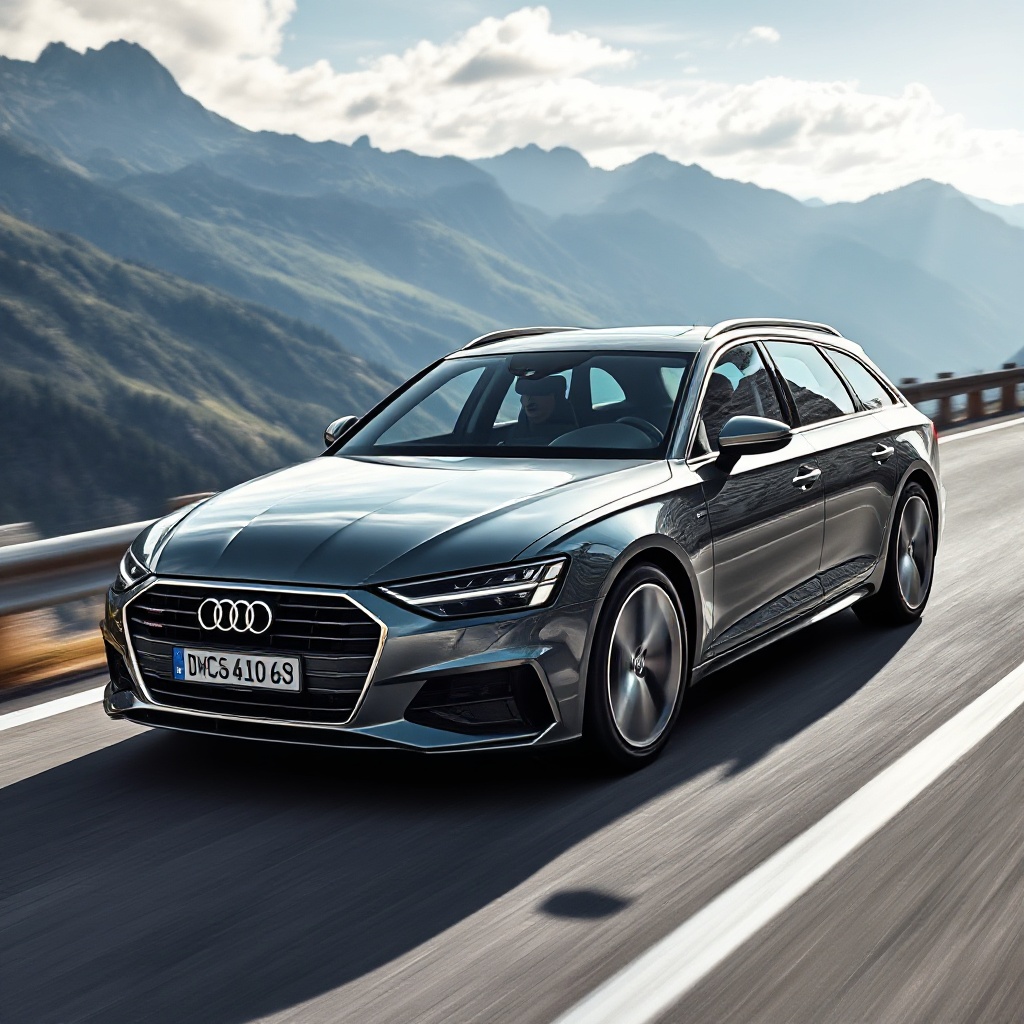
What sets these new models apart is their impressive electric range capabilities. The new PHEVs offer electric ranges exceeding 100 kilometers (62 miles)—addressing one of the primary concerns consumers have about electrified vehicles. Coupled with increased charging capacity across the lineup, these enhancements make Audi's electric and hybrid options more practical for everyday use.
The market response to this initiative is clear in the order numbers, with Western Europe showing particularly strong demand for Audi's electric offerings.
Navigating the Challenging Chinese Market
While Audi celebrates success in Europe, China presents a different story. The brand experienced a 7.0% decline in Chinese deliveries, with 144,471 vehicles sold in Q1 2025. This market contraction comes despite concerted efforts to adapt to local preferences.
Audi is responding by rapidly expanding its EV portfolio with market-specific models for Chinese consumers. The company unveiled the A6L e-tron at Auto Shanghai 2025, designed specifically for the Chinese market, and introduced the AUDI E5 Sportback as the first production model from its new electric-focused sister brand.
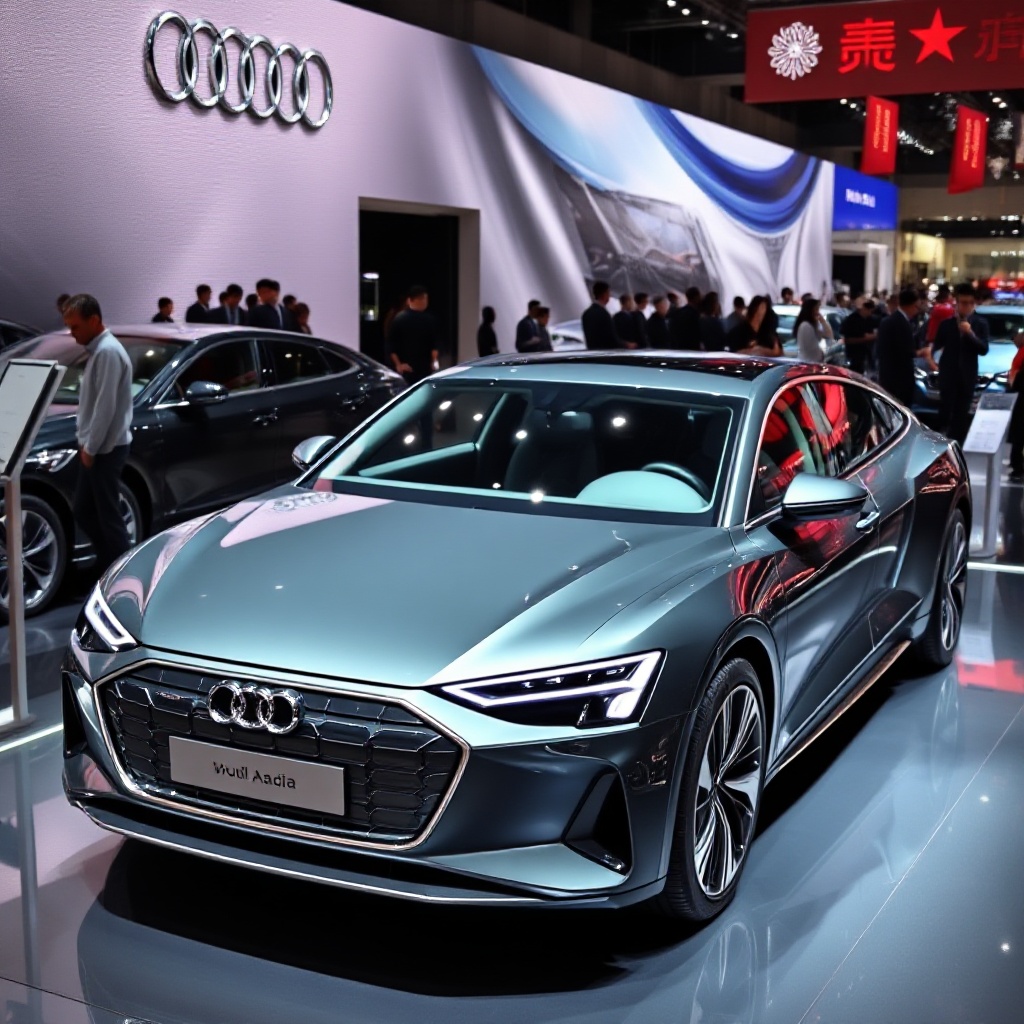
These efforts aim to counter intense competition from local EV manufacturers, which have gained significant market share in recent years. Chinese brands have been particularly aggressive in the electric vehicle space, forcing traditional luxury automakers like Audi to adapt quickly or risk falling behind in the world's largest automotive market.
Global Challenges and Shifting Markets
Audi's challenges extend beyond China. North America saw a 2.1% decrease in deliveries, with 48,599 vehicles sold in Q1 2025. These regional difficulties reflect broader industry trends as the automotive landscape undergoes transformation.
Even established electric vehicle leaders face hurdles. Tesla experienced a 30% drop in European registrations in March 2025, highlighting the increasingly competitive nature of the premium EV segment.
The industry-wide transition toward electrification continues to accelerate, with EVs projected to reach 21.8% of global new vehicle sales by the end of 2024. However, this shift brings challenges such as:
Model transitions affecting production and sales cycles
Tariffs creating additional costs for international automakers
Supply chain disruptions impacting production schedules
Evolving consumer preferences requiring rapid product development
Future-Focused Technologies Driving Audi's EV Strategy
Looking beyond current models, Audi is investing in technologies that will shape the next generation of electric vehicles. The company is developing smart charging integration with renewable energy systems, allowing owners to optimize charging based on availability of clean energy.
Vehicle-to-Grid (V2G) capabilities represent another frontier, enabling EVs to support electricity grids during peak demand periods. This technology positions Audi's electric vehicles not just as transportation but as integral components of future energy ecosystems.
Battery innovation remains central to Audi's strategy, with continuous improvements in range and charging speeds. The company is also expanding charging infrastructure partnerships to address one of the key barriers to widespread EV adoption.
Positioning for Long-Term Success in the Premium EV Segment
Audi's approach to electrification demonstrates a carefully calibrated strategy. Rather than going all-in on battery electric vehicles, the brand has adopted a balanced portfolio approach with both fully electric and plug-in hybrid offerings. This allows it to address different market segments and consumer needs while the transition to full electrification continues.
The development of market-specific models acknowledges the reality that electric vehicle preferences vary significantly across regions. Enhanced electric ranges directly target consumer range anxiety, which remains one of the biggest obstacles to EV adoption.
Perhaps most impressive is Audi's ability to maintain strong financial performance despite challenging market conditions. The brand's rapid pivot to electrification is outpacing many traditional competitors, putting it in a favorable position to capture market share in the premium EV segment.
As the automotive industry continues its electric transformation, Audi's strategy of balanced growth, technological innovation, and market-specific adaptation positions it well for long-term success in an increasingly competitive landscape.
Sources
ArenaEV - Audi EV Deliveries Surge Amidst Shifting Markets
